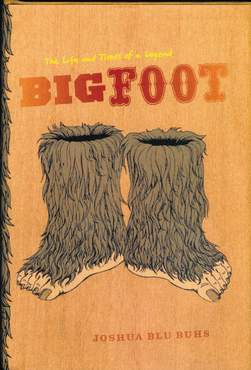 The Republic Of Cascadia Bureau of Sasquatch Affairs is a must see website. You can find them here.
The Republic Of Cascadia Bureau of Sasquatch Affairs is a must see website. You can find them here.On the welcome page their mission statement reads as follows:
The Bureau of Sasquatch Affairs mission is to enhance the quality of life, promote economic and ecological opportunity, and to carry out the responsibility to protect and improve the trust assets of Sasquatch, Sasquatch culture and Cascadian native hominoids. We will accomplish this through the delivery of quality services, maintaining government-to-Sasquatch relationships within the spirit of Sasquatch self-determination.
But the site seems to be so much more.
With levity abound and bigfoot humor so subtle only a true bigfooter could appreciate it all. Most of it--I assume--is fictional, you can't help but be amused by the idea of "The Octocentennial of the Yeti-Sasquatch Transpacific Brotherhood Accord", complete with its own logo.

I have not even scratched the service regarding the their recruitment propaganda.

So give the Bureau of Sasquatch Affairs a visit there is stuff about Enkidu, which is reference to my moniker on this blog, and even some Chewbacca jokes to round out the fun.

